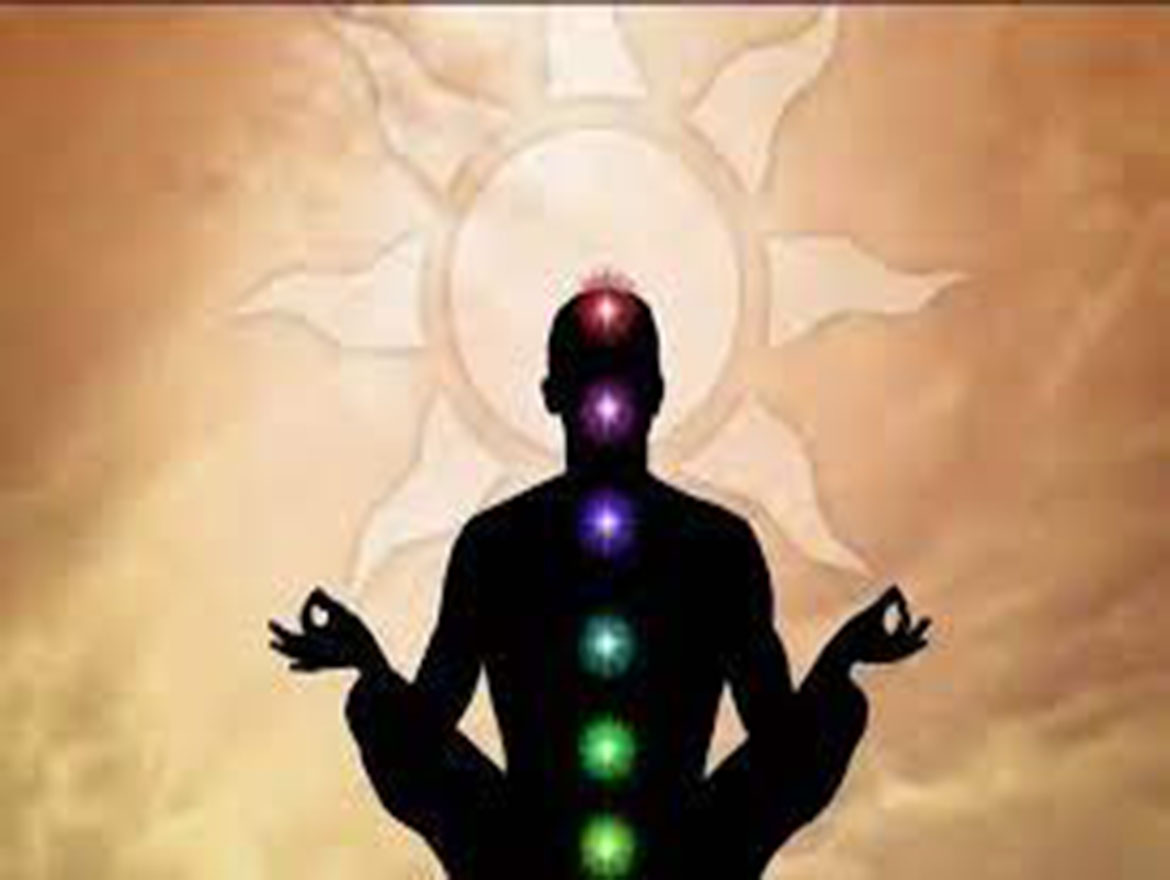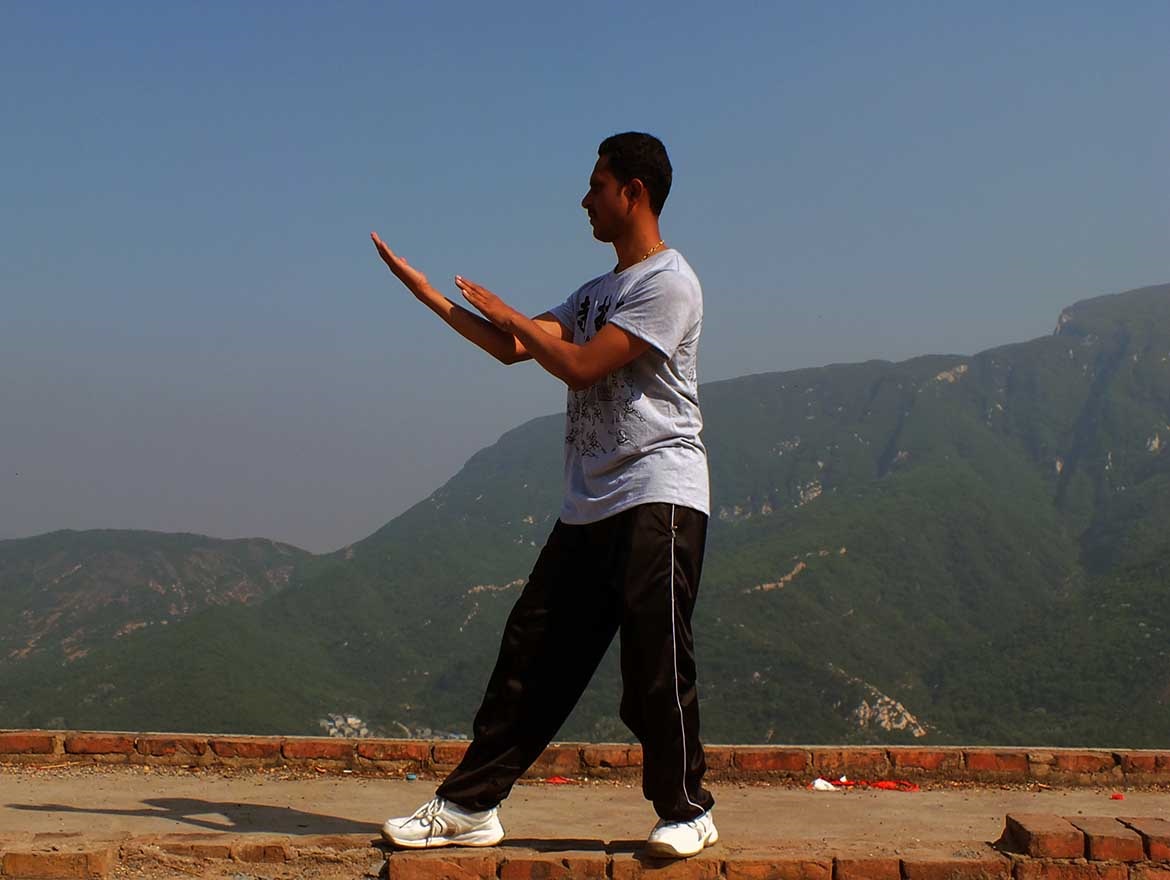India, a land steeped in ancient traditions and cultural richness, has given the world two profound practices that not only promote physical well-being but also delve into the realms of the mind and spirit: Yoga and Martial Arts. Despite their seemingly divergent paths, these two practices share a common thread in their origin and purpose. In this article, we will explore the intrinsic connections between Yoga and Martial Arts, both of which are integral parts of the diverse tapestry that is Indian culture.
Yoga: The Union of Body, Mind, and Spirit:
Yoga, with its roots in ancient Indian philosophy, is a holistic practice that seeks the union of body, mind, and spirit. The word "yoga" itself means union, emphasizing the interconnectedness of various aspects of our being. Through postures (asanas), breath control (pranayama), and meditation, Yoga aims to harmonize the individual with the universal, fostering physical health, mental clarity, and spiritual awareness.
Martial Arts: The Fusion of Discipline and Self-Defense:
Martial arts in India have a rich history, with diverse forms such as Kalaripayattu, Kung Fu, Gatka, and Thang-ta. These martial traditions are not merely systems of combat; they are disciplines that emphasize self-defense, mental focus, and spiritual growth. Kalaripayattu, for instance, is considered one of the oldest martial arts in the world, featuring a blend of strikes, kicks, grappling, and weaponry. The philosophical underpinning of martial arts often aligns with principles of discipline, respect, and the pursuit of inner strength.
Common Philosophical Roots:
Both Yoga and Martial Arts share common philosophical roots deeply embedded in Indian spirituality. The concept of "prana" in Yoga, representing the life force or energy that flows through the body, resonates with the idea of harnessing and directing energy in martial arts. The emphasis on self-discipline, control, and respect for one's opponent in martial arts echoes the yogic principles of self-mastery and non-violence (ahinsa). These shared values reflect the holistic approach to physical and mental well-being in Indian culture.
Physical Fitness and Well-Being:
Both Yoga and Martial Arts contribute significantly to physical fitness and overall well-being. Yoga's gentle yet powerful asanas enhance flexibility, strength, and balance, promoting longevity and vitality. Similarly, martial arts training builds endurance, agility, and coordination, ensuring a robust and resilient physical form. The combination of these practices can offer a well-rounded approach to fitness that addresses both inner and outer strength.
Modern Synthesis: The Contemporary Intersection of Yoga and Martial Arts:
In contemporary times, there has been a growing interest in combining the benefits of Yoga and Martial Arts. Many practitioners recognize that the mind-body connection fostered by Yoga complements the physical and mental aspects of martial arts training. Some disciplines, like Brazilian Jiu-Jitsu, have incorporated elements of Yoga to improve flexibility and prevent injuries. This modern synthesis reflects a holistic understanding of health and well-being, drawing from the deep well of Indian cultural wisdom.
Yoga and Martial Arts, while seemingly distinct, share a common heritage in the rich tapestry of Indian culture. Both practices offer pathways to physical health, mental clarity, and spiritual growth. Whether on the yoga mat or in the martial arts studio, individuals can tap into the ancient wisdom of India to find balance, harmony, and a holistic approach to a fulfilling life. The integration of these practices speaks to the enduring relevance of Indian cultural contributions to the global pursuit of well-being and self-discovery.
-Nagesh Sharma
Thankyou!


